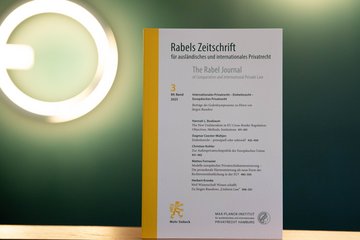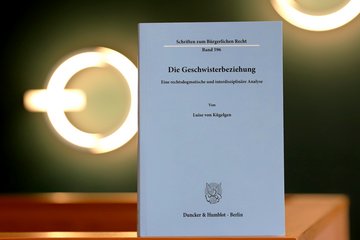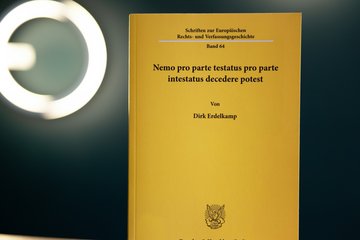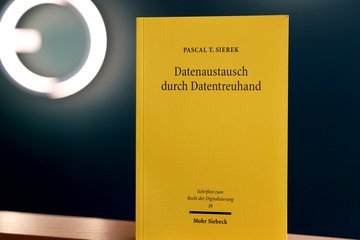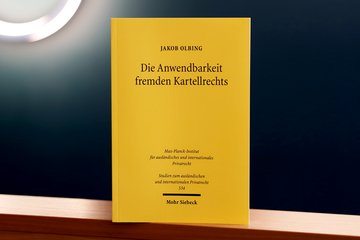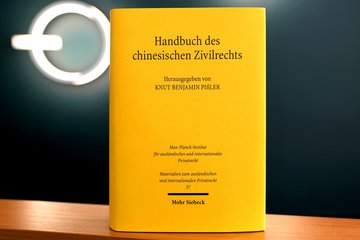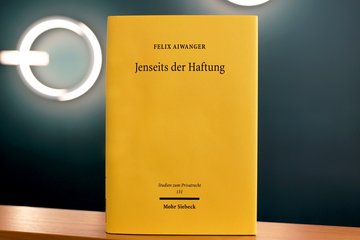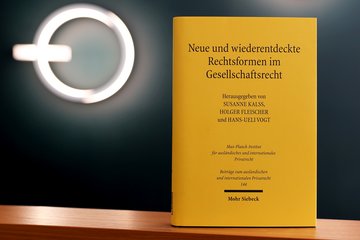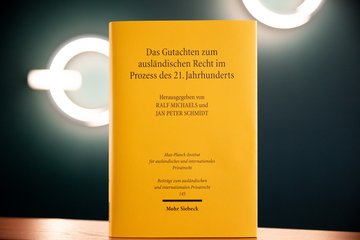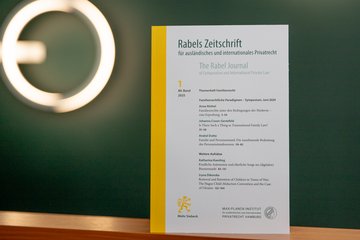A proposal to reform family member entitlements in succession law
The “compulsory portion” for close members of the deceased’s family under current German law represents a significant curtailment of the principle of testamentary freedom. A team of researchers under the leadership of Institute director Reinhard Zimmermann of the Max Planck Institute for Comparative and International Private Law has put forth a reform proposal. The suggested reform envisages a needs-based model.
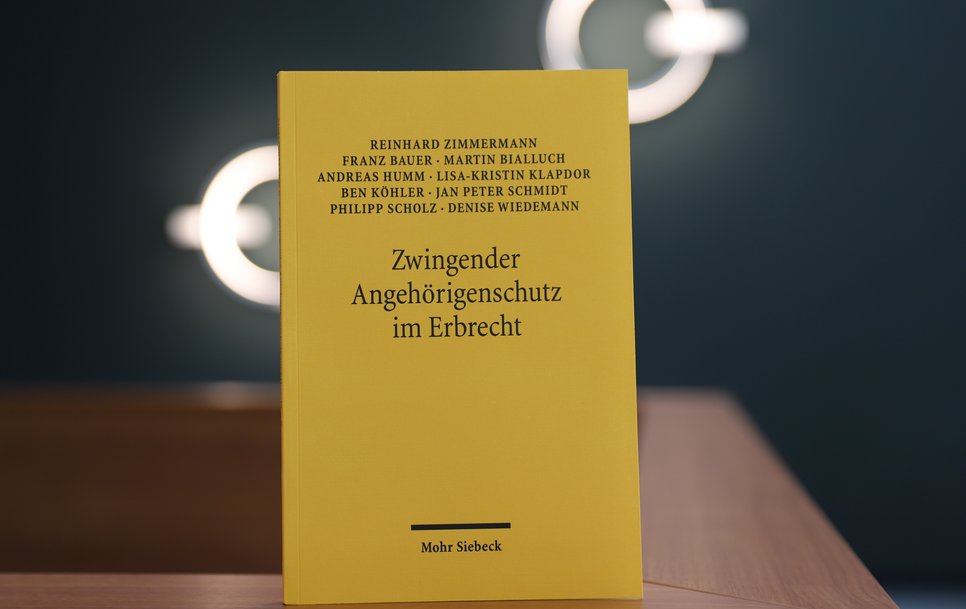
If close family members (children, spouse, parents) are disinherited under a last will, they are entitled to a “compulsory portion” of the estate equal to half of the value of these family members’ respective intestate shares. It does not matter whether they actually need an obligatory share of the estate in terms of their maintenance and support. According to the authors of the proposed reform proposal, which has recently been published as a book, there is no convincing reason for such a needs-blind restriction on the testator’s prerogative. They have developed an alternative model under which the next of kin are afforded whatsoever they would have received (qua maintenance) if the deceased were still alive, - i.e. in many cases nothing.
The book is the product of a year-long research project undertaken by a group of researchers of Reinhard Zimmermann’s working group at the Max Planck Institute for Comparative and International Private Law. It presents itself as part of a modernization of the German Civil Code in light of the latest legislation in the field of succession law elsewhere in Europe. The suggested reform is supplied with commentary as well as with an introductory chapter that provides readers with an historical and comparative orientation as they engage with the results of the group’s work. The report includes an examination of the latest succession law reforms in France, Belgium, Austria and the Netherlands.
Image: © Max Planck Institute for Comparative and International Private Law / Philipp Ewertz

